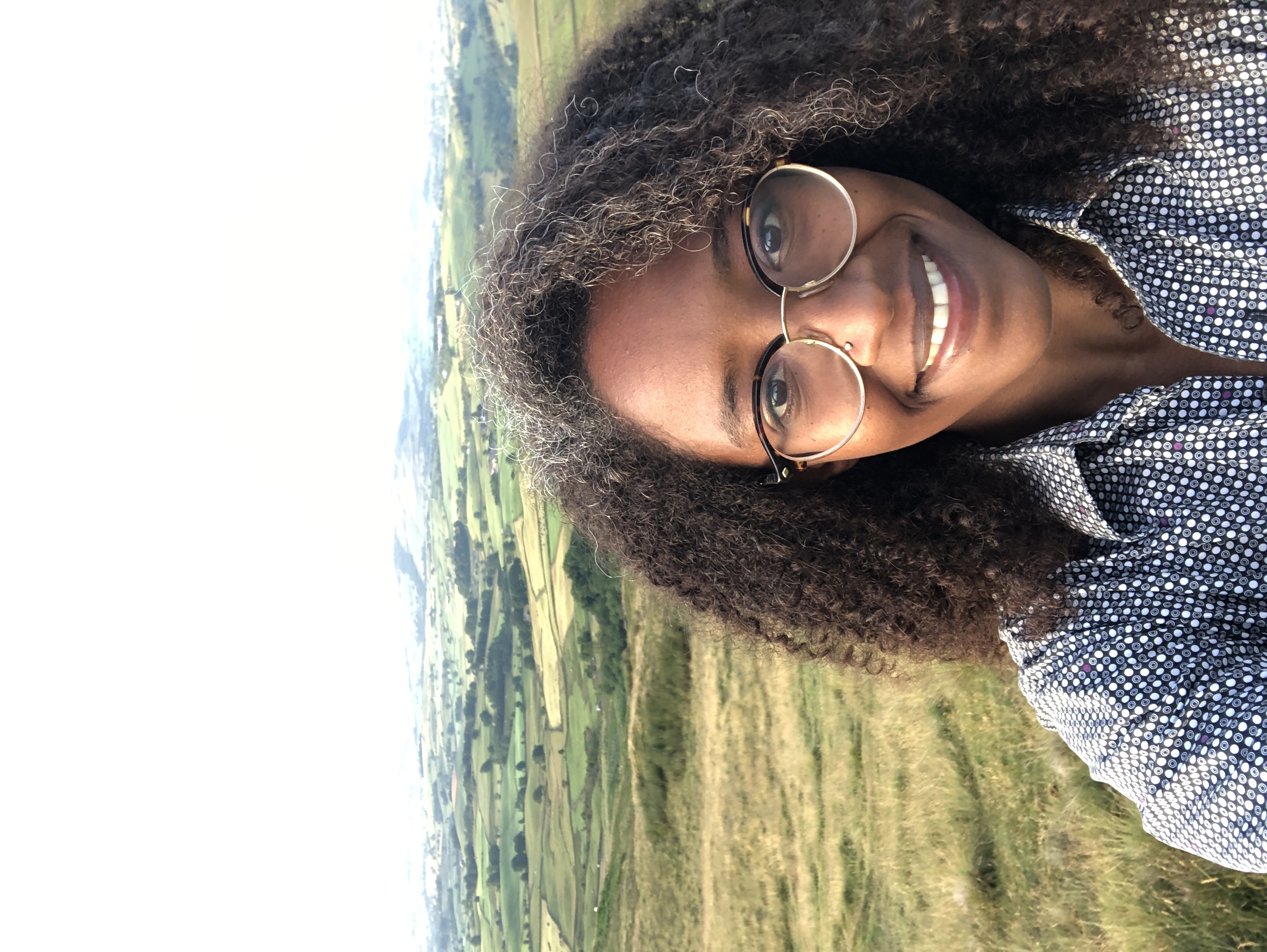Azza Dirar is a PhD student at UEA in the School of Global Development. As a volunteer for the sUStain project, a partnership between UEA, Norfolk and Waveney Mind and the Climate Psychology Alliance, she’s helping to co-produce climate cafes to support fellow UEA students with eco-anxiety.

Join Azza on 26 April to find out more about sUStain and how to turn eco-anxiety into positive action. The event, ‘Staying sane in the climate crisis’, is open to all UEA students and takes place at 6.30pm in the Hive.
If I could summon up the courage to feel the pain of the world then I would also have the energy, resources and inspiration I need to make a difference
Our society tells us that suffering is pathological. All too often the message is that it’s not normal, that if you are suffering in some way it’s because there is something wrong with you. Rarely are we encouraged to discover the true meaning and salvation of the suffering we encounter in life and rarely are we given the tools to transcend and transmute it.
In the summer of 2019 I attended a conference on environmental justice at UEA. The conference coincided with a period of deep despair and emotional suffering I was experiencing. I had never heard of the term ‘eco-anxiety’ and probably would not have identified my feelings with that term. All I knew was that I was in a state of acute suffering and anguish about the state of the world and I felt powerless to change it.
The experience of grief was overwhelming and I was desperate to understand why I feeling this way. I was looking around the conference hall, talking to all the wonderful activist academics who were all fighting the good fight, and all the while feeling hopeless and despondent.
On some level I had intuited that the suffering I was experiencing was not personal, not mine, it was the suffering of mother earth—and it was simply expressing itself through me. It was too immense to be mine alone. Not knowing which direction to turn and where to seek help, I turned to Google and typed into the search box something along the lines of “personal suffering and suffering for the world”. This search led me to a book by Joanna Macy and Molly Brown called Coming Back to Life, which – quite literally – saved my life and gave me the hope and courage to go on.
I began to understand that not only were my feelings a normal response to the state of the world, but I saw that if I could summon up the courage to feel the pain of the world and ‘hear the sound of the earth crying’ then I would also have the energy, resources and inspiration I need to make a difference.
I understood also the profound wisdom of Thich Nhat Hanh’s words when he was asked what is the most important thing we can do to save our planet— “What we most need to do is to hear within us the sound of the Earth crying.”
Anxiety to hope – and action
I heard about the sUstain project from my friend and colleague Prof Heike Schroeder, a professor of climate change at UEA, and I was thrilled and excited to be a part of it. I decided to volunteer because I believe that eco-anxiety is a real issue which is not sufficiently addressed.
Prof Schroeder is actively working to address this issue. She invited me to attend the COP26 at Glasgow, and we spent most of our time in the Co-Creative Reflection and Dialogue Space (CCRDS) hosted in the Blue zone by the Institute of Advanced Sustainability Studies from Potsdam, Germany.
The space was an exciting bubble of authentic and heart-felt communication regarding the climate crisis we are facing amidst the cold barrage of data and negotiation details of the COP proceedings. I attended various sessions and workshops at the CCRDS including a deeply transformative ‘constellation’ session hosted by Prof Schroeder. I was also given the opportunity to host a session of ‘The work that reconnects’, which was also deeply rewarding.
The CCRDS, like a climate café, is a safe space where people could share and explore their inner responses to what is happening on our planet and I’m grateful for the opportunity to create such a space for students at UEA through the sUstain project.
The first climate café for students at UEA takes place on 11 May. Find out more.

:focus(1943x836:1944x837))